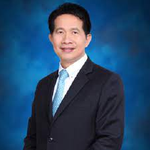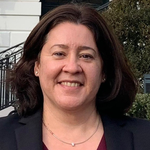- Registration and Breakfast
- Session One: 2022 Priorities for APEC and ABAC
Supant Mongkolsuthree•Monica Hardy WhaleyUnder the theme of “Open. Connect. Balance.” 2022 host economy Thailand will lead APEC’s efforts to establish a collective approach to addressing COVID-19 recovery and maintaining the region as the driver of global economic growth. In this session, the business and government leadership from will discuss opportunities for collaboration in areas including sustainability, reopening borders, and advancing the trade agenda between now and the APEC Leaders’ Meeting in November.
- Session Two: U.S. Government Priorities for 2022
Matt Murray•Michael Beeman•Monica Hardy Whaley2022 is a critical year for United States engagement in APEC as the Biden administration rolls out its Indo Pacific Economic Framework and prepares to lead APEC in 2023. Representatives from the Department of State and the Office of the United States Trade Representative will discuss how current U.S. priorities can serve as a springboard for initiatives and deliverables in 2023.
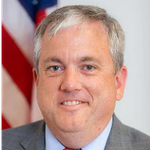
Matt Murray
U.S. Senior Official for Asia-Pacific Economic Cooperation, Bureau of East Asian Affairs, U.S. Department of State
Michael Beeman
Assistant U.S. Trade Representative for Japan, Korea, and APEC, Office of the United States Trade Representative
Monica Hardy Whaley
President at the National Center for APEC
- Session Three: Digital Economy
Stephen Claeys•Robert Holleyman•Marta Prado•Jake JenningsSeveral APEC economies are on the leading edge of efforts to create multilateral governance frameworks for the digital economy. These include the Digital Economy Partnership Agreement and the JSI e-commerce negotiations at the WTO. As APEC members explore a renewed look at the FTAAP under Thailand's chairmanship, this session will explore how APEC can advance discussions on digital trade.
- Session Four: Expanding Economic Opportunity
Monique Rodriguez•Michael Pergine•Ralph CarterSeveral APEC economies are on the leading edge of efforts to create multilateral governance frameworks for the digital economy. These include the Digital Economy Partnership Agreement and the JSI e-commerce negotiations at the WTO. As APEC members explore a renewed look at the FTAAP under Thailand's chairmanship, this session will explore how APEC can advance discussions on digital trade.
- Session Five -Networking luncheon
- Session Six: Trade and Workers
Edward Alden•Charita Castro•Ed GresserUnder APEC's new 20-year vision, APEC Leaders agreed to "promote engagement with a broader range of economic stakeholders, such as NGOs and civil society…" At the same time, U.S. trade policy is being advanced in a manner that brings more perspectives to the negotiating table with the goal of broadening the benefits of trade policy. This session will explore ways APEC can be leveraged to ensure better outcomes for workers in the U.S. and around the Asia Pacific region.

Edward Alden
Bernard L. Schwartz Senior Fellow at the Council on Foreign Relations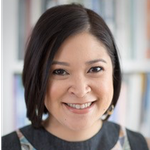
Charita Castro
Deputy Assistant United States Trade Representative for Labor Affairs at the Office of the U.S. Trade Representative (USTR)
Ed Gresser
Vice President and Director for Trade and Global Markets of the Progressive Policy Institute
- Session Seven: Sustainability
Adina Renee Adler•Vickie Gunderson•JJ Ong•Kurt TongAs governments around the world announce net-zero carbon commitments, the private sector is playing a crucial role in efforts to develop low-carbon and advanced technologies, support a low-carbon energy transition, expand ESG finance, and understand the impacts of climate change on health. Panelists in this section will discuss how APEC can serve as a venue for promoting regional sustainable growth, especially as Thailand seeks to introduce the Bio-Circular-Green (BCG) Economic Model within APEC.

Adina Renee Adler
Deputy Executive Director of Silverado Policy Accelerator
Vickie Gunderson
Senior Coordinator, Climate Task Force, Office of International Affairs at the U.S. Department of Treasury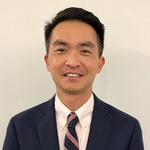
JJ Ong
Vice President-Federal Government Relations and International Affairs at Freeport-McMoRan
Kurt Tong
Partner at The Asia Group LLC
- Closing Session
Monica Hardy Whaley
